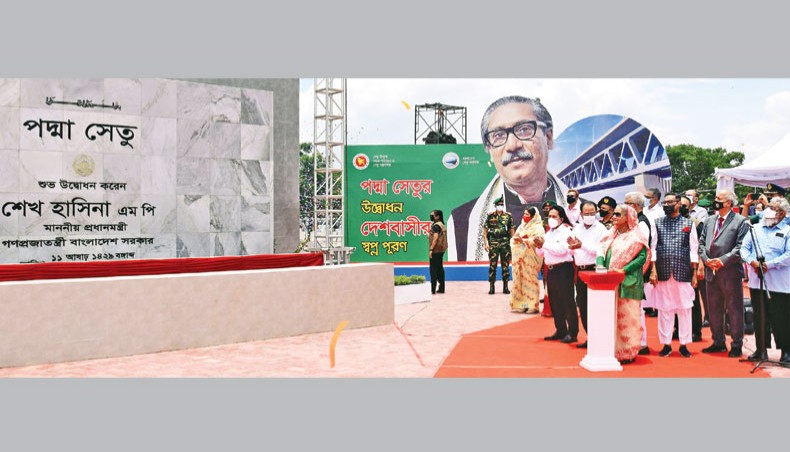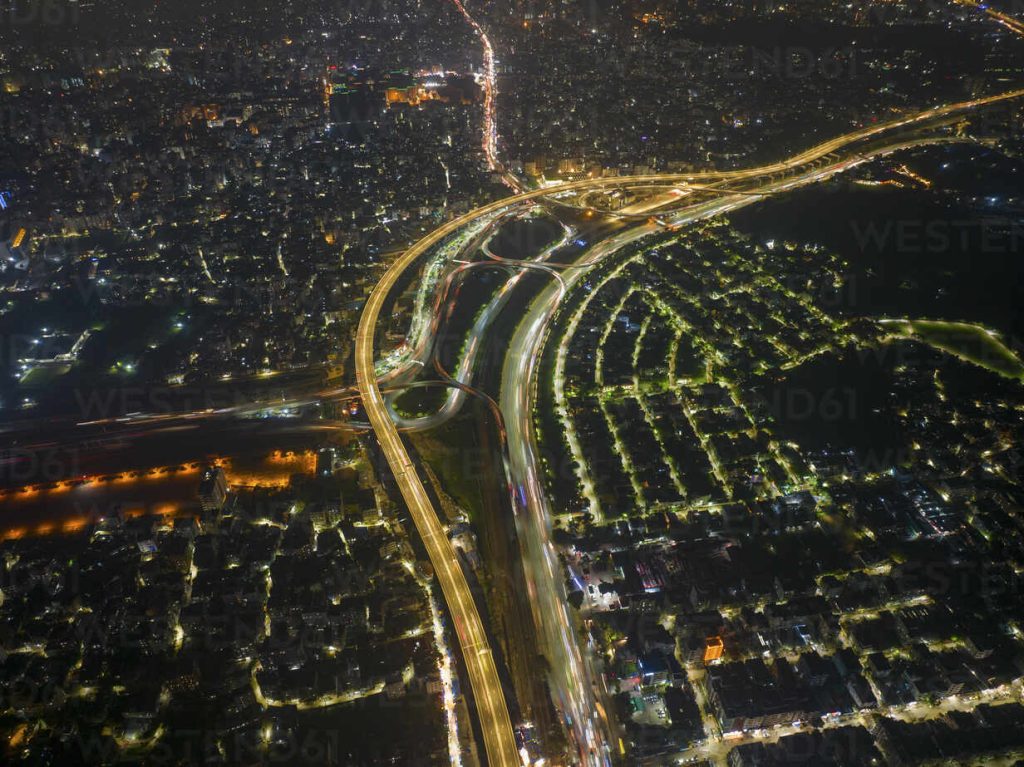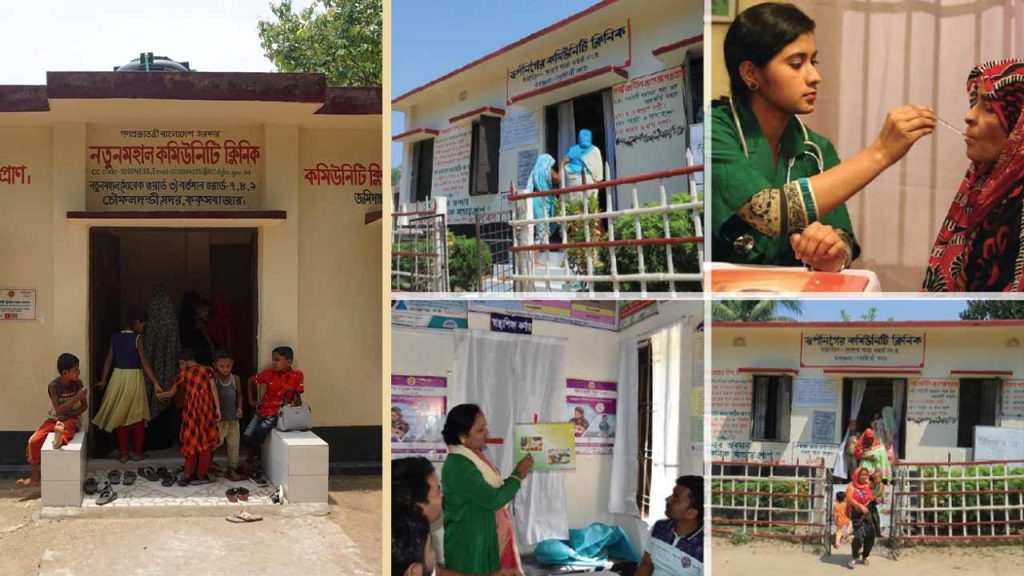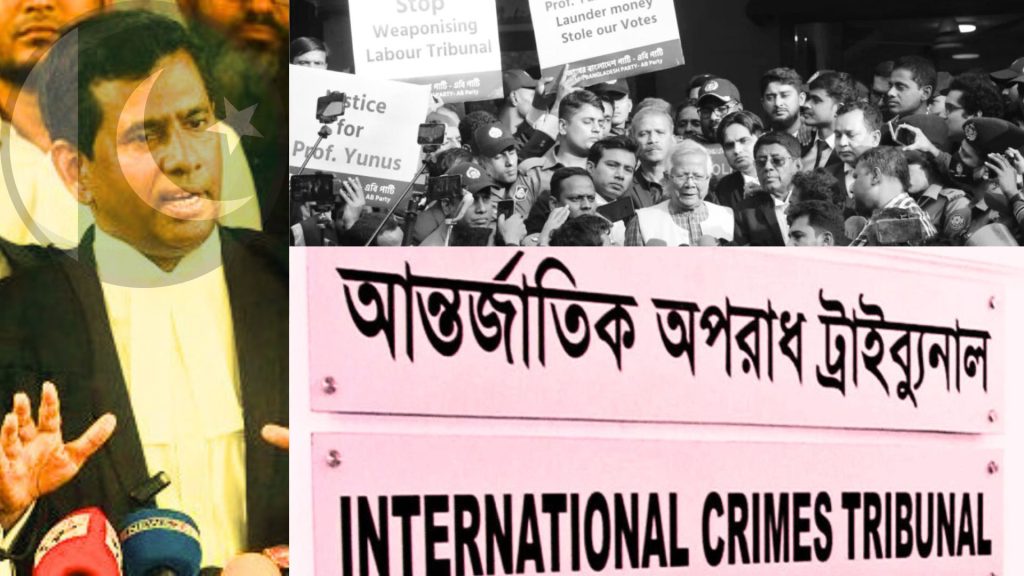As Bangladesh navigates a turbulent political transition under an interim government, the legacy of former Prime Minister Sheikh Hasina stands as a testament to her extraordinary leadership. Over her 15-year tenure, Hasina transformed a nation scarred by unrest, poverty, and extremism into a rising star of the Global South.
Her bold balancing act with global superpowers, unprecedented infrastructural achievements, and unwavering commitment to human development—particularly women’s empowerment and refugee support—earned her international acclaim, even as Western media now scrutinises her legacy.
In an op-ed for The Australia Today, Dr. Aunjuman A. Islam and S.M. Faiyaz Hossain argue that Hasina’s leadership, far from authoritarian, was a masterclass in navigating chaos with vision and resolve.
A Leader Forged in Crisis
Sheikh Hasina’s ascent to power was no accident of privilege. Born into the crucible of Bangladesh’s 1971 Liberation War, she survived the assassination of her father, Sheikh Mujibur Rahman, and much of her family in a 1975 military coup. Returning from exile in 1981, she faced a nation fractured by political violence, military rule, and economic stagnation.
Rise of Extremism: US Embassy faces threat as Yunus frees convicted militants
ICT-BD: OHCHR Dhaka rep Huma Khan’s dubious role raises eyebrows
Smuggled and looted arms, impunity for jihadists deepen security crisis
As detailed by Islam and Hossain, Hasina’s leadership was not about consolidating power but about rebuilding a nation from its ashes. “She didn’t just endure—she transformed,” they write, noting her ability to turn Bangladesh’s challenges into opportunities for growth.
Under Hasina’s stewardship, Bangladesh’s per capita income tripled, soaring from $543 in 2006 to over $2,800 by 2023, lifting millions out of poverty. The poverty rate, once over 40%, plummeted to around 14% by 2022, according to World Bank data.
Her government’s focus on human development was equally transformative: life expectancy rose to 72 years, literacy rates climbed to 76%, and access to electricity reached 97% of households by 2024. These weren’t abstract statistics but tangible improvements in the lives of ordinary Bangladeshis, driven by Hasina’s relentless focus on inclusive growth.
Infrastructural Marvels: Defying the Odds
Hasina’s vision for Bangladesh’s infrastructure redefined national pride. The Padma Bridge, a 6.15-kilometre marvel completed in 2022, stands as a symbol of her defiance against scepticism. When the World Bank withdrew funding amid unproven allegations of corruption, Hasina rallied domestic resources, declaring: “We’ll build it ourselves.”

The $3.6 billion project, funded entirely by Bangladesh, not only connected 21 southern districts to Dhaka but also boosted GDP growth by an estimated 1.2% annually. Other megaprojects, like the Dhaka Metro Rail and the Karnaphuli Tunnel, further showcased her commitment to modernising Bangladesh’s connectivity and urban landscape.
Yunus Regime’s Sham Justice: Faruk Hossain’s manhole grave mocks the republic
Yunus to hand over Chittagong Port to US-linked DP World in December
Teachers announce work abstention protesting police brutality
These achievements were not mere engineering feats but statements of sovereignty. Hasina’s ability to mobilise resources and rally public support for such projects demonstrated a rare blend of pragmatism and ambition. “The Padma Bridge wasn’t built in boardrooms—it was built in defiance,” Islam and Hossain write, capturing her resolve to prove Bangladesh’s self-reliance on the global stage.
Geopolitical Acumen: Balancing Superpowers
In an era of global polarisation, Hasina’s foreign policy was a masterclass in strategic statesmanship. Positioned between regional giants India and China, and courted by the United States and Russia, she navigated geopolitical rivalries with a doctrine of “Friendship to all, malice toward none.” This principle, rooted in Bangladesh’s 1971 liberation ethos, guided her in fostering ties that prioritised national sovereignty and economic opportunity.
Custodial Death: 31 Awami League leaders, activists killed in 14 months
Arafat hits at Yunus apologists for attempts to exclude Awami League from elections
Hasina strengthened relations with India through trade and security cooperation, resolving long-standing border disputes like the 2015 Land Boundary Agreement. Simultaneously, she secured Chinese investment for infrastructure under the Belt and Road Initiative, including $10 billion for projects like the Payra Power Plant, without ceding strategic autonomy.

Her engagement with the US and Russia ensured Bangladesh remained a non-aligned player, a rarity in a region often forced into binary alliances. Her invitation to the G20 Summit in New Delhi in 2023 marked Bangladesh’s emergence as a voice for the Global South, advocating for climate justice and economic equity.
Her response to the Rohingya crisis further cemented her global stature. When over 700,000 refugees fled Myanmar in 2017, Hasina opened Bangladesh’s borders, providing shelter and aid despite resource constraints. “She responded not as a politician, but as a human being,” Islam and Hossain note, highlighting her compassion that earned her the UN’s Champions of the Earth Award and global praise.
Championing Women and Social Progress
Hasina’s commitment to human development was most evident in her advocacy for women’s empowerment. Her government introduced policies that increased female workforce participation from 26% in 2006 to 36% by 2023, per International Labour Organisation data.

Programs like the Vulnerable Group Development initiative provided stipends and training to millions of women, while free education for girls up to grade 12 boosted female literacy to 74%. These efforts earned her the UNESCO Peace Prize and the Indira Gandhi Peace Prize, recognising her as a global leader in gender equity.
Sheikh Hasina recently said some 140 social safety net programmes were suspended after Yunus captured power.
USS Fitzgerald in Bangladesh: Goodwill or geopolitical gambit?
Bangladesh GDP 1.81% in first quarter of FY26—lowest in four years
Her fight against extremism was equally bold. During the global rise of ISIS, Hasina’s government cracked down on militant groups like Jamaat-ul-Mujahideen Bangladesh, ensuring the country remained a bulwark against terrorism. The 2016 Holey Artisan Bakery attack, which killed 29, tested her resolve, but her swift response—deploying security forces and strengthening anti-terror laws—prevented further escalation. By keeping the military out of civilian governance, she safeguarded Bangladesh’s democratic institutions, a feat few post-colonial states have achieved.
Confronting Western Narratives
Despite these achievements, Hasina’s legacy faces scrutiny, particularly from Western media. The 2024 student protests over a job quota system, which spiralled into violence, became a flashpoint for criticism.
Hasina’s support for the protesters’ right to demonstrate and her establishment of a judicial inquiry into the unrest were overshadowed by unverified allegations, including a false claim that she labelled students “rajakaar” (collaborators). Islam and Hossain argue that Western outlets like CNN and Al Jazeera amplified unverified “leaked audio” without forensic validation, distorting the narrative.
The ongoing trial against Hasina, now in exile, raises further concerns. Reports of procedural flaws, such as appointing a single defense attorney for her and the co-accused, and the pressured retirement of Chief Justice Obaidul Hasan, suggest a politicised process.

“The state has appointed the same defense attorney to represent both Hasina and her co-accused—a blatant conflict of interest,” Islam and Hossain write, echoing journalist David Bergman’s critique. Yet, the Western media’s focus on her alleged authoritarianism ignores reports of torture and deaths under the interim government, revealing a selective outrage.
A Legacy of Resilience
Hasina’s critics call her autocratic, but her supporters—especially in the Bangladeshi diaspora—see a leader who carried a nation through chaos. Her ability to balance superpower interests, drive infrastructural leaps, and champion human development sets her apart. “Sheikh Hasina didn’t just lead Bangladesh—she carried it,” Islam and Hossain assert. Her policies reduced food insecurity, with Bangladesh achieving near-self-sufficiency in rice production, and her climate diplomacy secured global funding for adaptation, transforming a vulnerable nation into a leader in resilience.
The banning of her Awami League and the trial against her raise questions about due process. Support for Hasina remains strong among Bangladeshis abroad, who view her as a symbol of progress.

“She is not Gaddafi or Saddam Hussein,” the op-ed argues, rejecting reductive comparisons. Her leadership, rooted in Bangladesh’s complex realities, demands nuanced evaluation, not Western caricature.
As Bangladesh faces an uncertain future under an interim government accused of enabling extremism, Hasina’s contributions—economic growth, women’s empowerment, and global diplomacy—stand as pillars of progress. Her legacy challenges the world to reconsider what leadership means in a post-colonial context: not perfection, but resilience, results, and an unwavering commitment to a nation’s dreams.